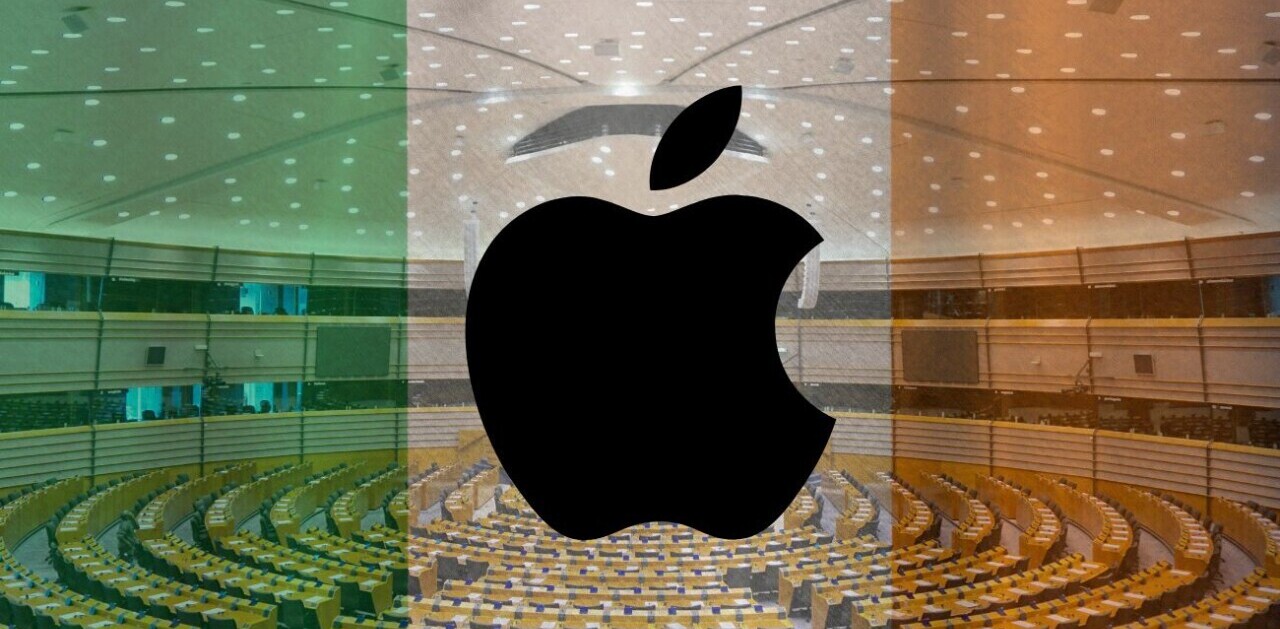
Apple’s CEO Steve Jobs has a long-standing reputation as a visionary executive that presides over every detail of the flagship products that the company releases. This reputation goes along with many stories of Jobs’ need to micro-manage his executive team and even engineering staff.
Now, while on leave due to health issues and coinciding with an aggressive plan to prepare for the future, Jobs seems willing to give the executive team more freedom to run the company day-to-day.
The latest evidence of this comes from a Mercury News article profiling the effects that Jobs’ leave has had on the company. While the bulk of the article focuses on how Jobs stays in contact with the company while on leave, Edible Apple points out an interesting quote from analyst Tim Bajarin, who converses with Apple’s executive team on a regular basis.
“They tell me he calls in regularly. He talks to Tim, he talks to the top guys, he talks about the Apple stores,” Bajarin told Mercury News reporter Patrick May, “But while he used to micro-manage everything in ways that most CEOs would not, right down to issues with the company cafeteria, the big change with his latest leave is that there’s less micromanagement and more management of his executive team and the big-picture issues.”
This is in contrast with the months before arrival of the iPad 2, when Jobs was seen on campus much of the day and was said to be involved heavily in every detail of the product’s launch.
This should absolutely not be taken as an indication that Jobs isn’t in control of the company or not conducting the flow of the iPhone 5’s development however. You can bet that his desire for control is keeping him very much in the loop.
The fact that Jobs is taking more of a ‘big-picture’ stance may instead be attributed to the plans that he has been making for the future of the company after his eventual departure. Recently, Jobs proposed plans for a huge new Cupertino campus, dubbed ‘the mothership’ for it’s saucer-shaped modernity.
In addition, Apple hired on Joel Podolny, the former Dean of Yale’s School of Management, to head up its internal Apple University project back in 2008 and those plans made an appearance again in a Fortune article about the company earlier this year. Horace Dediu summed up what Podolny’s duties are with regards to Apple University saying, “Joel Podolny has been building an understanding of how Apple is run. He’s then been asked to codify this understanding into a curriculum that can be taught to Apple employees.”
In short, Jobs wants future generations of Apple executives to be able to think like him, so that when they make decisions, they’ll be influenced by ‘The Apple Way’.
You only have to look to the keynote address given at this year’s WWDC to see that Apple’s executives are being given more of the responsibilities around being a public face for the company. The keynote address was bookended by Jobs, who took the reigns during the iCloud announcement, something that he has been waiting since 1997 to introduce, but was otherwise dominated by SVP of Marketing Phil Schiller, iOS head Scott Forstall and VP of Mac Software Craig Federighi. This is a marked change from keynotes past, where Jobs was front and center, with only product demos handled by others, if anything.
To this end, it seems like Jobs is allowing his executive team more freedom to take care of the daily operations of the comapny. But Jobs is still very much in the driver’s seat here and, while Schiller, Cook, Federighi and the other top brass at Apple are no doubt being groomed to guide the company, Jobs is ensuring that his methods will continue be the driving force behind Apple policy now and in the future.
Get the TNW newsletter
Get the most important tech news in your inbox each week.




